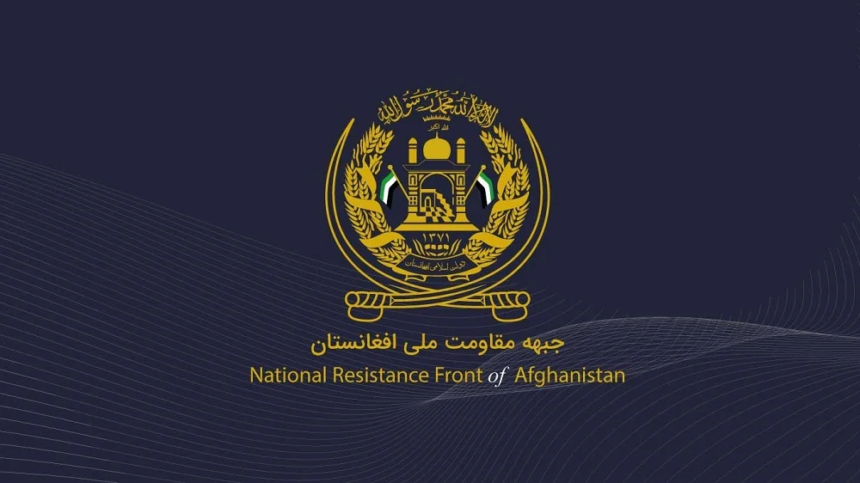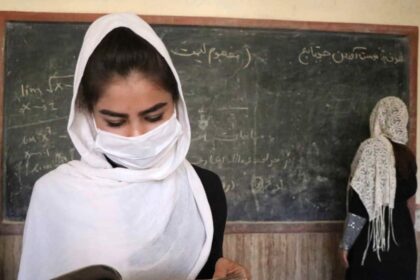RASC News Agency: In a daring nighttime operation, the National Resistance Front of Afghanistan (NRF) has reportedly killed two Taliban fighters in Herat province. According to a statement released on Tuesday, November 10, the attack targeted a Taliban checkpoint along the heavily trafficked Herat–Islam Qala route, a strategic corridor linking Afghanistan to Iran. The NRF confirmed that two rifles and additional equipment were seized during the operation, while no casualties were sustained among resistance fighters.
Although the Taliban have remained silent regarding the incident, local sources report that their forces temporarily closed the Herat–Islam Qala highway and launched extensive house-to-house searches in nearby villages, reflecting a combination of panic and heavy-handed retaliation.
The NRF, under the leadership of Ahmad Massoud, has intensified armed operations over the past two years across multiple provinces, including Panjshir, Badakhshan, Baghlan, Takhar, and recently, parts of western Afghanistan. The group frames its campaign as a resistance against the Taliban’s mono-ethnic, authoritarian regime, which consistently suppresses dissent and consolidates power through fear. In contrast, the Taliban label NRF fighters as “national security threats” or “criminal elements,” while failing to establish legitimacy or stability in the regions under their control.
In recent months, sporadic anti-Taliban attacks have surged across Afghanistan. While independent verification is difficult due to the Taliban’s strict control over media and communications, ongoing clashes in provinces like Herat indicate a gradual expansion of organized resistance into western regions, previously considered safe under Taliban authority.
Analysts point out that these developments highlight the Taliban’s inability to govern effectively. Their strategy rooted in ethnic favoritism, coercion, and suppression of basic freedoms has not only alienated local populations but also exposed vulnerabilities in their control over critical transit routes. The Herat–Islam Qala corridor, vital for commerce and cross-border trade, has become a flashpoint; disruptions caused by NRF operations expose the Taliban’s incapacity to protect civilians or ensure economic continuity, further undermining their claim to authority.
The operation also underscores a broader pattern of Taliban insecurity: reliance on checkpoints, arbitrary detentions, and rapid, punitive responses reveal an administration more preoccupied with maintaining control through fear than providing governance or public service. Meanwhile, the NRF’s growing footprint demonstrates that armed resistance remains a viable challenge to Taliban dominance, particularly in strategically and economically important areas.
Local observers warn that if the Taliban continue to prioritize repression over legitimate governance, incidents like these may proliferate, destabilizing not only local communities but also regional trade and security networks. The clash in Herat is emblematic of a wider reality in Afghanistan: a regime entrenched in fear, facing organized opposition, and increasingly unable to enforce its rule without violent coercion.
As resistance groups continue to expand their activities, experts argue that the Taliban’s fragile grip on power could erode further, especially in areas where popular support for inclusive governance and civil liberties remains strong.
If you want, I can also write a version suitable for international media outlets that frames the story as a major feature on resistance to Taliban authoritarianism, weaving in civilian impact, geopolitical stakes, and human rights abuses.






